A decentralized wallet is a type of cryptocurrency wallet that gives you full control over your digital assets without relying on a central authority. Unlike traditional wallets managed by third parties, decentralized wallets ensure that you alone hold the private keys to access your funds.
This offers greater security and autonomy, but also means you are solely responsible for safeguarding your assets. In this article, we’ll explore how decentralized wallets work, their benefits over centralized ones, and key features to look for.
Key Takeaways
-
Decentralized wallets give users full control over their private keys, enhancing security and autonomy compared to centralized wallets.
-
The management of private keys is crucial, as losing them results in permanent access loss to associated digital assets, emphasizing the need for secure storage and backups.
-
Future trends for decentralized wallets include enhanced user experiences through immersive technologies, improved cross-chain capabilities, and features that facilitate interactions within the DeFi ecosystem.
Understanding Decentralized Wallets
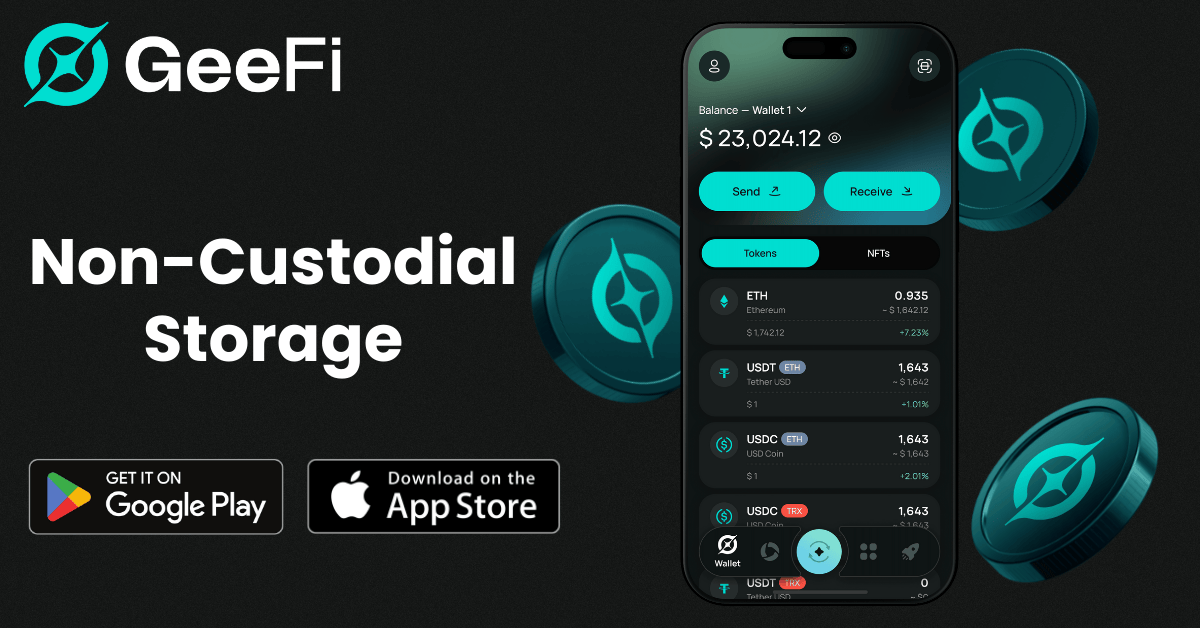
Decentralized wallets are software applications that empower users to manage their cryptocurrencies without relying on a central authority. This independence is at the heart of what makes decentralized wallets so revolutionary.
Unlike centralized wallets, where a third party holds and manages your private keys, decentralized wallets give users full control over their private keys. This means that you, and only you, have access to your funds.
The primary function of decentralized wallets is to provide users with direct access to their digital assets, ensuring that they are the sole custodians of their cryptocurrency holdings. This level of control is a double-edged sword; while it offers unparalleled security and autonomy, it also places the responsibility of managing and safeguarding the assets squarely in the user's hands.
Decentralized wallets are more than just tools for storing cryptocurrencies; they are gateways to a world of innovation and user empowerment in the crypto space. These wallets enable users to manage their private keys and interact directly with decentralized applications (dApps) and decentralized finance (DeFi) platforms, unlocking new opportunities for financial independence and security through a decentralized crypto wallet.
How Decentralized Wallets Differ from Centralized Wallets
The key difference between decentralized and centralized wallets lies in the control over private keys. In decentralized wallets, the user is the sole custodian of their private keys, whereas, in centralized wallets, a third party manages them.
This fundamental distinction provides decentralized wallet users with enhanced security and privacy, as they are not reliant on a central entity to safeguard their assets. Centralized and decentralized wallets offer different levels of control and security for users.
Furthermore, decentralized wallets facilitate direct, peer-to-peer transactions, which are more secure and autonomous compared to those conducted through a centralized exchange. Unlike centralized exchanges, this peer-to-peer network operation enhances the overall security and privacy of transactions, making decentralized wallets a preferred choice for those seeking greater control over their digital assets.
The Importance of Private Keys in Decentralized Wallets
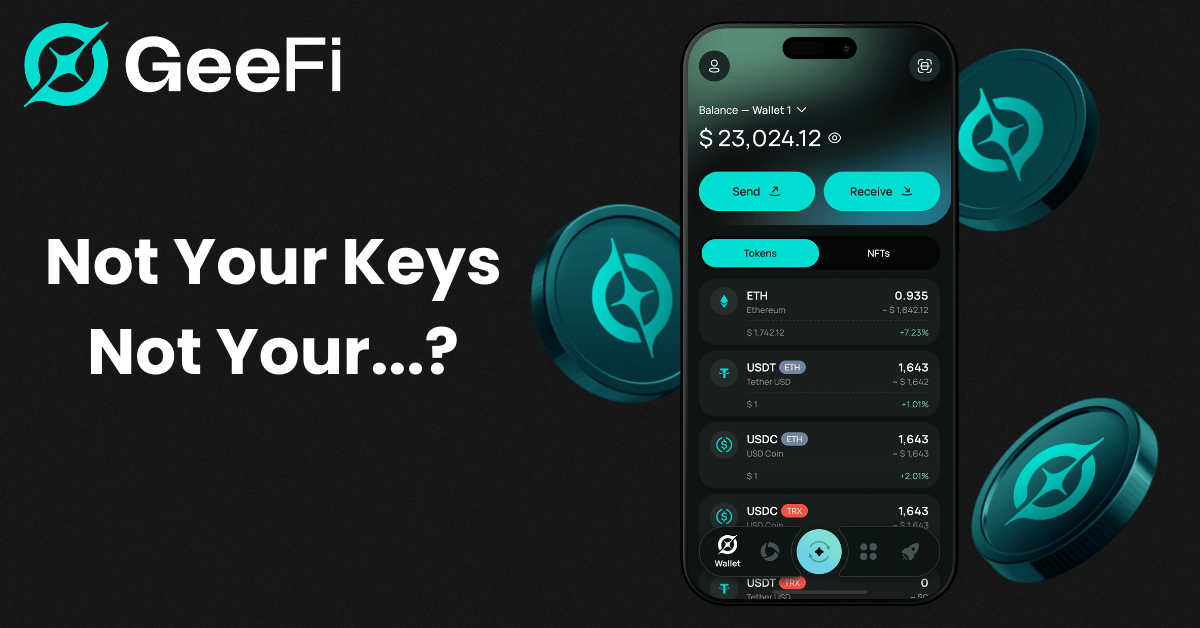
Private keys are the linchpins of a decentralized wallet, acting as unique cryptographic codes that authenticate ownership and authorize transactions on the blockchain. These private keys ensure that only the wallet user has access to their digital assets, providing a secure and private means of managing cryptocurrencies. This control over private keys is what sets decentralized wallets apart from their centralized counterparts, making them an essential private keys management platform.
However, with great power comes great responsibility. The loss of a private key results in the permanent loss of access to the associated cryptocurrency assets. Unlike centralized wallets, where you might recover access through customer support, decentralized wallets offer no such safety net. If a user loses their private key or recovery phrase, they cannot recover their funds.
Proper management of private keys is essential to mitigate this risk. Users are encouraged to securely store their recovery phrases and use additional security measures such as biometric authentication or multi-signature options. This ensures that their digital assets remain safeguarded against unauthorized access and potential loss.
Key Features of Decentralized Crypto Wallets
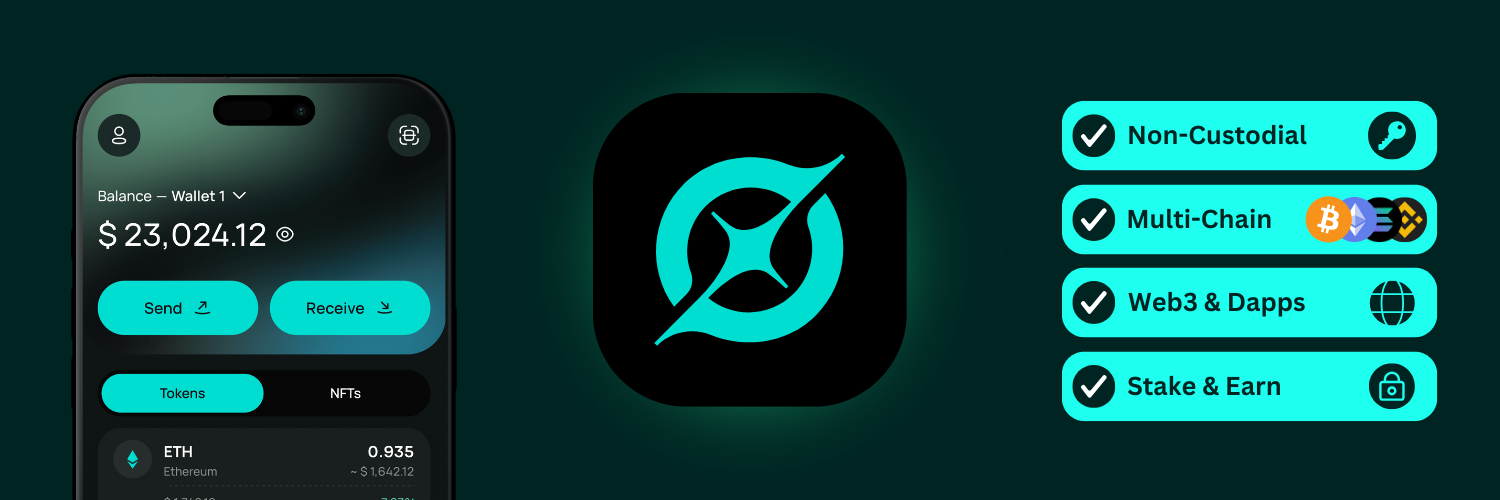
Decentralized wallets come equipped with a variety of features designed to enhance user experience and security. One of the most notable aspects is their intuitive user interfaces, which make them accessible to both beginners and experienced users.
As the landscape of decentralized finance evolves, wallet designs prioritize cleaner interfaces and improved user experiences, ensuring that even complex functionalities remain user friendly. Additionally, these wallets often feature a user friendly interface that simplifies navigation and management.
In addition to user interface improvements, decentralized wallets are increasingly incorporating personalization features. Utilizing AI, these wallets can tailor user experiences without compromising privacy, ensuring that each user has a custom wallet experience that meets their specific needs. Mobile-first design approaches also play a crucial role, as more users access decentralized applications through their smartphones.
Security remains a cornerstone of decentralized wallet features. With support for over 1000 cryptocurrencies and seamless transactions across more than 14 blockchains, wallets like GeeFi Wallet exemplify the robust and versatile nature of decentralized crypto wallets. These features collectively contribute to making decentralized wallets a secure and user-friendly option for managing digital assets.
Types of Decentralized Wallets
Decentralized wallets come in various forms, each offering unique benefits and catering to different user needs. Software wallets, often referred to as hot wallets, operate on internet connection devices and provide convenience for frequent transactions. These wallets are easily accessible and typically feature intuitive interfaces, making them ideal for everyday use.
In contrast, hardware wallets, known as cold wallets, store private keys in offline storage, significantly enhancing security against online threats. These wallets are favored by users who prioritize security over convenience and are willing to manage their assets with an additional layer of protection. Recovery phrases or seed phrases are essential for restoring access to both software and hardware wallets.
Many users opt for a combination of both software and hardware wallets to balance accessibility with security. Decentralized wallets frequently support multiple blockchains, enabling users to manage diverse crypto assets in one place. This versatility makes decentralized wallets a comprehensive solution for securely managing digital assets across various platforms.
Popular Decentralized Wallets
As the popularity of decentralized wallets continues to rise, several wallets have distinguished themselves as leaders in the space. These wallets offer a range of features that cater to different user needs, from advanced security measures to user-friendly interfaces.
Here are some of the top decentralized wallets: GeeFi Wallet, Trust Wallet, and MetaMask. Each of these wallets brings unique capabilities to the table, making them popular choices among crypto enthusiasts.
GeeFi Wallet
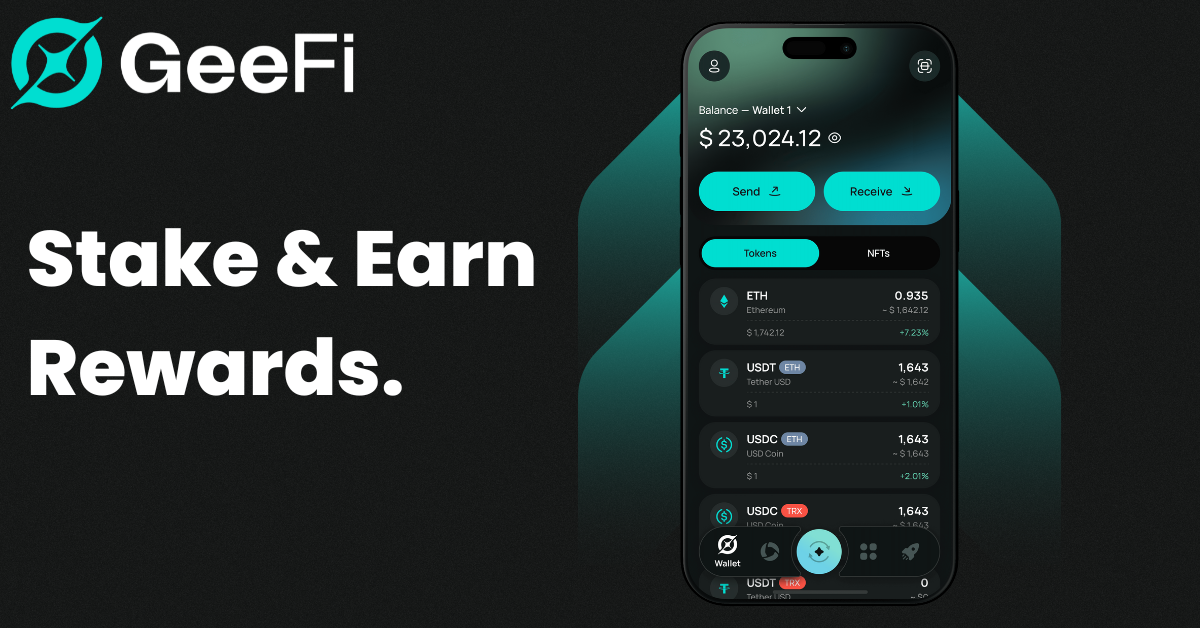
GeeFi Wallet is a new non-custodial wallet that supports multiple blockchains and offers advanced transaction features. Recently released on Google Play Store for Android users, GeeFi Wallet integrates NFT support and is designed for enhanced transaction capabilities.
Users can buy and sell cryptocurrencies directly within the app using their credit card or bank account, making it a versatile and convenient option for managing digital assets.
In addition to its multichain support covering Bitcoin, Ethereum, Solana, Dogecoin and more, GeeFi Wallet allows users to buy, sell, swap, bridge, and stake cryptocurrencies. As the community grows and GeeFi expands with new features and blockchains, it is expected to become one of the best cryptocurrency wallets on the market.
The wallet will also soon be available on Apple’s App Store, further broadening its accessibility.
Trust Wallet
With over 60 million users, Trust Wallet is one of the most popular decentralized wallets available. It supports a wide range of cryptocurrencies, including Bitcoin, Dogecoin, Solana, and over 70 blockchains. Trust Wallet offers a user-friendly mobile app along with a Chrome extension. These features allow users to conveniently buy, swap, and stake cryptocurrencies.
Trust Wallet also allows users to manage their cryptocurrencies and NFTs, with private keys secured by a 12-word recovery phrase known only to the user. Additionally, users can stake their cryptocurrencies without any associated costs, making Trust Wallet a cost-effective and user-friendly option for managing digital assets.
MetaMask
MetaMask is an ethereum wallet primarily focused on Ethereum and ERC-20 tokens. With over 30 million users, MetaMask has established itself as a leading decentralized wallet in the crypto space. The wallet offers a 12-word backup passphrase known only to the user, ensuring that their assets remain secure.
MetaMask facilitates interaction with decentralized applications (dApps) and various DeFi services, making it a versatile tool for engaging with the broader crypto ecosystem. Accessible through a browser extension and a mobile app, MetaMask supports any Ethereum coin or ERC-20 token, making it beginner-friendly and widely accessible. Additionally, users can enhance their experience with browser extensions.
Security Measures in Decentralized Wallets
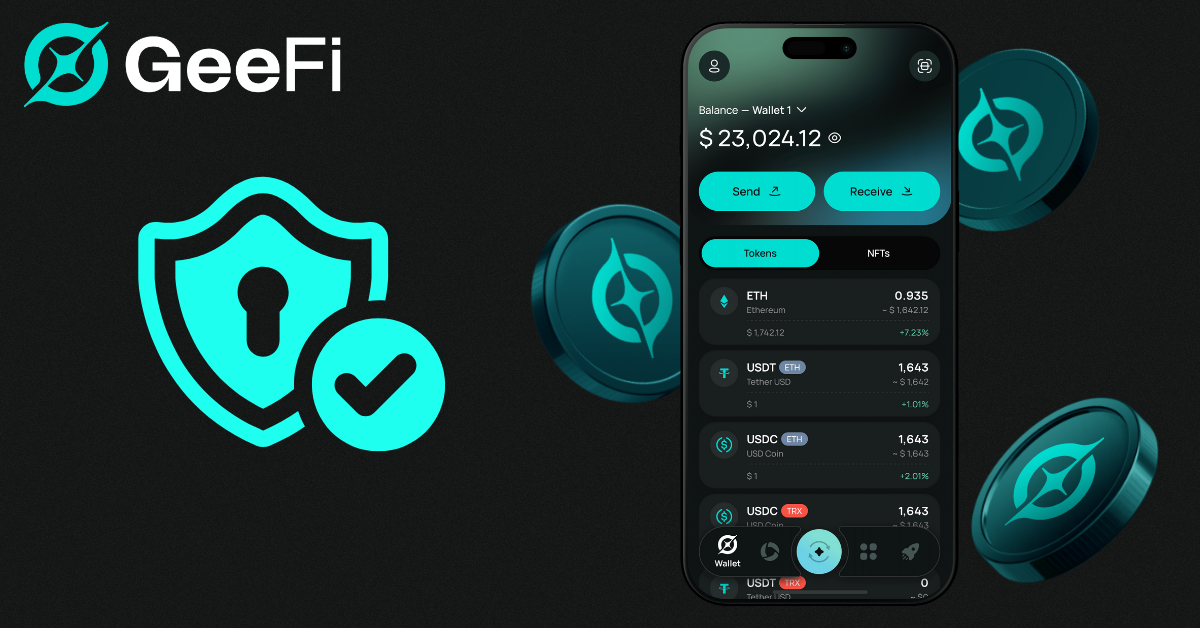
Security is a paramount concern for users of decentralized wallets. One of the primary security measures these wallets offer is the control over private keys, which minimizes the risk of unauthorized access. Decentralized wallets ensure that only the rightful owners have access to their digital assets by keeping private keys in the hands of users.
Two-factor authentication (2FA) adds an essential layer of security enhancements by requiring a second form of verification beyond just a password. This could include biometric verification methods such as fingerprint or facial recognition, providing a unique and difficult-to-replicate security layer. Cold storage, which involves keeping private keys offline, further enhances security against online threats.
Advanced security measures such as multi-party computation (MPC) wallets split private keys into fragments distributed across multiple servers, significantly enhancing protection. AI-driven security can also monitor user behavior to detect anomalies, adding another layer of protection to wallets. These robust security measures collectively contribute to making decentralized wallets a secure choice for managing digital assets.
Benefits of Using Decentralized Wallets
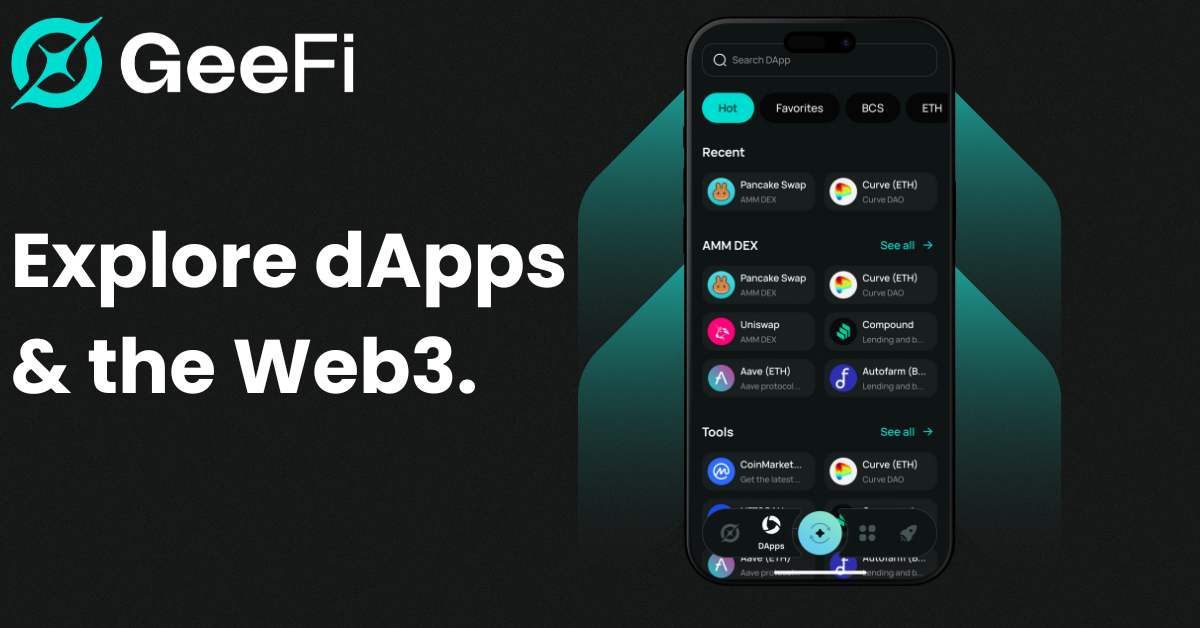
Decentralized wallets offer a range of benefits that make them an attractive option for managing digital assets. One of the primary advantages is the control over private keys, which reduces the risk of hacks and unauthorized access. Users have exclusive control over their private keys, minimizing the risk associated with third-party management.
These wallets also provide full control over transactions, eliminating the need for middlemen and preventing frozen accounts. This autonomy and independence in managing digital assets control held are highly valued by users control, contributing to the growing popularity of decentralized wallets, non custodial wallets, and self custodial wallet. With over 320 million cryptocurrency users globally, there is a clear inclination towards decentralized solutions, offering users complete control.
Additionally, decentralized wallets facilitate easy interaction with decentralized applications and decentralized exchange and centralized and decentralized exchanges, allowing users to lend, borrow, stake, and trade tokens without intermediaries. The ability to swap assets across multiple blockchain networks seamlessly further enhances their usability within various DeFi ecosystems, including various financial transactions, benefiting liquidity providers.
These advantages make decentralized wallets a powerful tool for managing digital assets.
How to Choose the Right Decentralized Wallet
Choosing the right decentralized wallet involves considering several factors. First, evaluate how much cryptocurrency you intend to hold and how frequently you plan to conduct transactions. This will help you determine whether a software wallet (hot wallet) or a hardware wallet (cold wallet) is more suitable for your needs.
Security is another critical factor. Look for a cryptocurrency wallet that offers robust security features such as PIN protection options and biometric authentication. Ease of use is also important; select a wallet with an intuitive interface for better navigation. Integration with fiat on-ramp and off-ramp services simplifies the process of converting traditional currency to cryptocurrencies, making GeeFi Wallet more versatile compared to its competitors.
Finally, consider your financial situation and experience level in trading. Some wallets are designed with advanced features for experienced crypto investors, while others offer a more straightforward interface for beginners. Evaluating these factors will help you choose a decentralized wallet that best meets your needs and preferences.
Integrating Decentralized Wallets with DeFi Platforms
Decentralized wallets play a crucial role in the decentralized finance (DeFi) ecosystem by facilitating secure and direct interactions with decentralized protocols. These wallets empower users with direct access to financial services, eliminating the need for intermediaries and providing greater control over their assets.
Many decentralized wallets include built-in cryptocurrency exchanges, simplifying the process of swapping cryptocurrencies directly within the wallet interface. Increased support for NFT storage and interaction with decentralized applications (dApps) is also common in modern decentralized wallets. This allows users to engage in peer-to-peer transactions, trading, and lending with ease.
Advanced security measures such as multi-party computation (MPC) technology significantly enhance private key management in decentralized wallets. Decentralized wallets offer a comprehensive solution for managing digital assets within the DeFi ecosystem by providing functionalities such as buying, selling, swapping, and staking cryptocurrencies.
Future Trends in Decentralized Wallets
The future of decentralized wallets will be full of exciting developments. The demand for decentralized crypto wallets has surged, with the DeFi market valued at around $86 billion in mid-2024. This growth indicates a strong interest in decentralized financial solutions and the need for advanced wallet features.
One of the emerging trends is the integration of 3D graphics and augmented reality in decentralized applications, creating more immersive user interactions that attract users and enhance brand identity. Real-time feedback during transactions will also become essential to enhance user trust and streamline interactions in decentralized wallets. These features will make the user experience more engaging and intuitive.
Cross-platform and cross-chain capabilities will be a significant focus, allowing users to manage more assets across different blockchains. This interoperability enables users to enhance the versatility and usability of decentralized wallets, making them an integral part of the evolving cryptocurrency landscape.
Summary
Decentralized wallets represent a paradigm shift in how we manage our digital assets. By putting control back into the hands of users, these wallets offer enhanced security, privacy, and autonomy. From understanding the importance of private keys to exploring the various types and features of decentralized wallets, we’ve covered critical aspects that highlight their growing significance in the crypto space.
As the future trends indicate, the evolution of decentralized wallets will continue to bring innovative features and improved user experiences. Whether you’re a seasoned crypto investor or a newcomer, choosing the right decentralized wallet can empower users to navigate the decentralized finance industry with confidence.
Frequently Asked Questions
What is a decentralized wallet?
A decentralized wallet enables users to manage cryptocurrencies independently, ensuring full control over their private keys and assets without a central authority. This approach enhances security and ownership.
How do decentralized wallets differ from centralized wallets?
Decentralized wallets allow users to control their private keys directly, enhancing security and privacy, while centralized wallets are managed by third parties, which can pose risks to user data and funds.
What happens if I lose my private keys?
Losing your private keys means you will permanently lose access to your cryptocurrency assets, as there is no method to recover them without the keys. Therefore, safeguarding your private keys is crucial.
Are decentralized wallets secure?
Decentralized wallets are secure as they provide users with control over their private keys and employ strong security measures such as two-factor authentication and cold storage. This level of control and security makes them a reliable option for managing digital assets.
What are some popular decentralized wallets?
Popular decentralized wallets include GeeFi Wallet, Trust Wallet and MetaMask, known for their distinct features that effectively manage digital assets.


